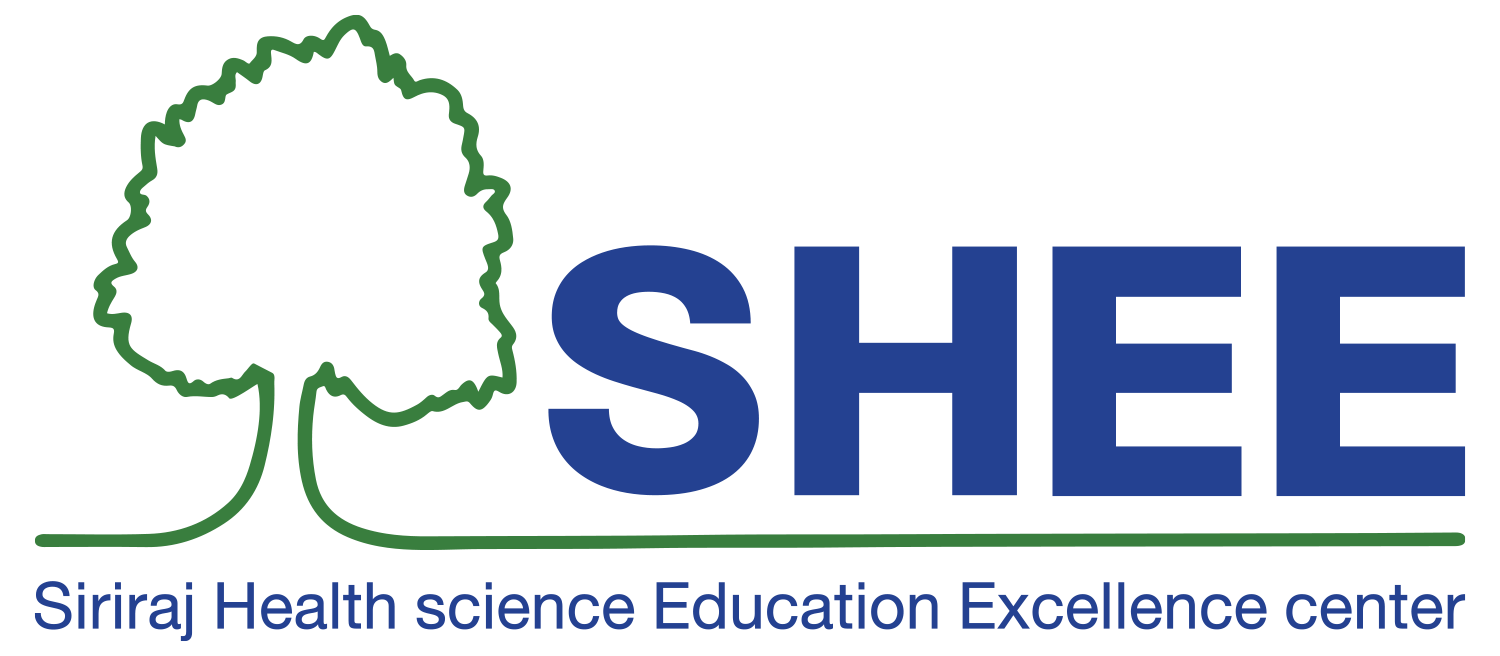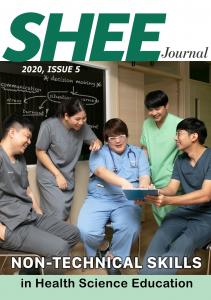Non-technical skills, or non-medical skills that are crucial to patient safety, are gaining more attention in the medical and health science fields. These skills became a focal point of development in healthcare professionals following the publication of the "To Err is Human" report by the Institute of Medicine in 1999. The report revealed that in the United States, between 44,000 and 98,000 patients die annually due to errors made by medical teams. A root cause analysis of these errors showed that the primary cause was not a lack of medical knowledge or technical skills but issues related to communication, teamwork, situation assessment, and decision-making.
Upon reflecting on medical practice, it was found that six key non-technical skills significantly impact patient safety: situation awareness, decision-making, team working, communication, leadership, and stress and fatigue management. Given that health science schools traditionally have not included structured teaching of these non-technical skills, it is important to adapt curricula to incorporate the development of these skills in students.
Therefore, this issue of the SHEE Journal addresses the theme of non-technical skills, exploring their importance and the need to integrate them into medical education to better prepare healthcare professionals.




